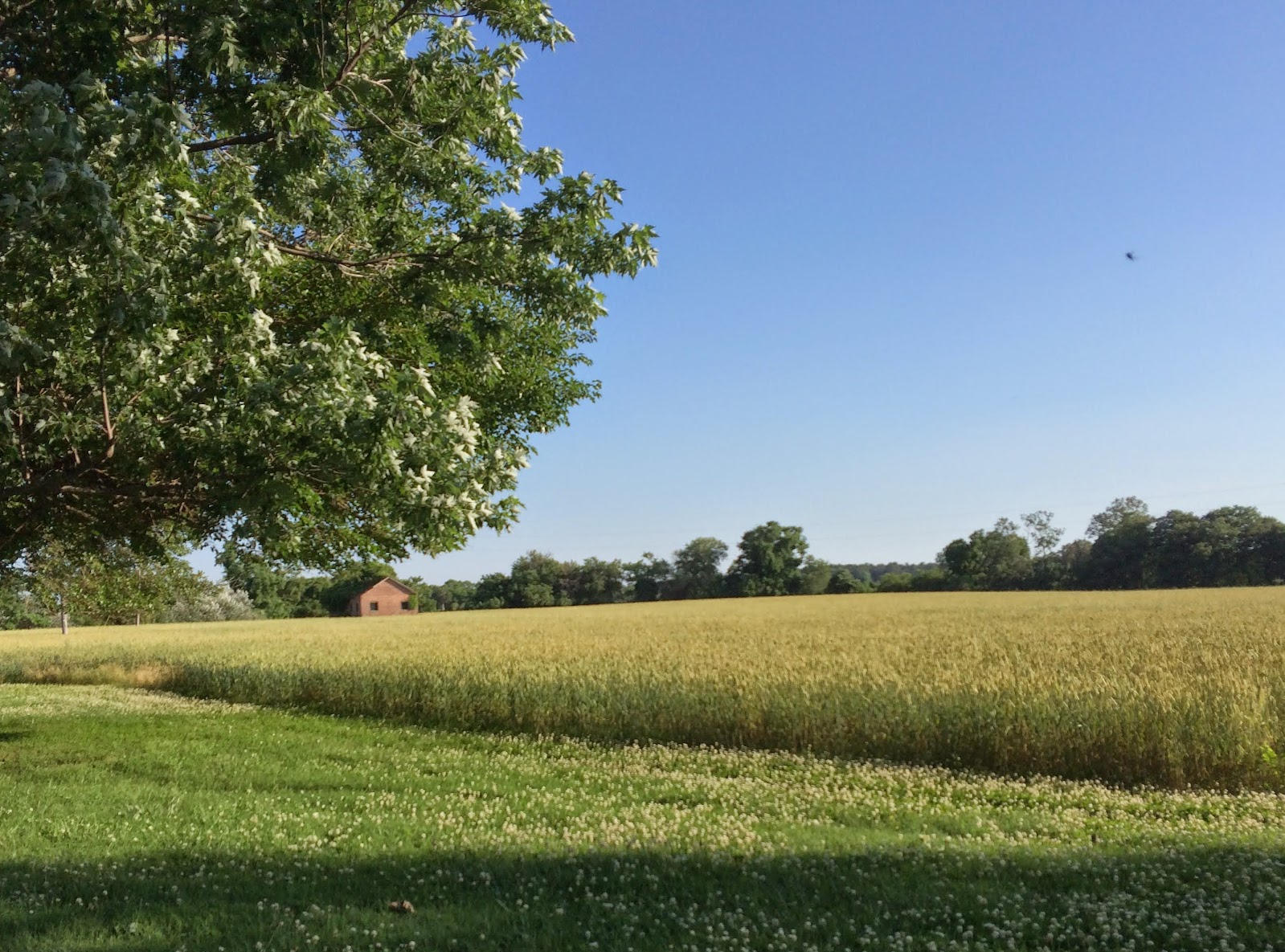The recently-reported discovery of an on-campus brewery at the +College of William & Mary highlights a point that we've forgotten, a little bit. Yes, it's cute to make jokes about having beer on campus, but where there are people, there is beer. This is a fact of civilization. What was difficult was making good beer. It not only took time, but also resources that most smaller places didn't have. Maltsters were rare in the country, but they could make a living in cities, larger communities and even on plantations, if the plantation owner was rich enough and liked beer that much. Anyone can make a passable cider, but colonists who liked beer had trouble getting good brews.
What's exciting about the discovery is that we might get additional insight into the recipes they were using. A good beer recipe, like a good maltster, was, if not rare-ish, less common than we would like. Brewers wrote to one another about their processes and occasionally some of the ingredient lists survive, but actual recipes including malt bills (what kinds of malts were used) are pretty rare.
For example, here is Washington's beer recipe (as reported by the +American Homebrewers Association association):
What's exciting about the discovery is that we might get additional insight into the recipes they were using. A good beer recipe, like a good maltster, was, if not rare-ish, less common than we would like. Brewers wrote to one another about their processes and occasionally some of the ingredient lists survive, but actual recipes including malt bills (what kinds of malts were used) are pretty rare.
For example, here is Washington's beer recipe (as reported by the +American Homebrewers Association association):
Take a large Siffer [Sifter] full of Bran Hops to your Taste.–Boil these 3 hours then strain out 30 Gall[ons] into a cooler put in 3 Gall[ons] Molasses while the Beer is Scalding hot or rather draw the Melasses into the cooler & St[r]ain the Beer on it while boiling Hot. Let this stand till it is little more than Blood warm then put in a quart of Yea[s]t if the Weather is very Cold cover it with a Blank[et] & let it Work in the Cooler 24 hours then put it into the Cask–leave the bung open till it is almost don[e] Working–Bottle it that day Week it was Brewed.
When old breweries are found, lots of times they just scrape around in the vessels or bottles, and analyze whatever they find. Increasingly, though, homebrewers and/or professional brewers will try and make the stuff they find.

Comments
Post a Comment